\ ˈad-ˌvent \
These are parlous times, so I hasten to add that this is not a Nightmare on Elm Street scenario—just ordinary suburban landscape maintenance. About a week ago he cut down a ficus tree that had stood near the fence separating our back yards. And every day since he has been out swinging his axe, whittling away at the stump and the roots. The blade makes a monotonous thoonk … thoonk … thoonk. Chips come flying over the fence.
Advent is the approach or arrival of something important. Traditionally, of course, this important event—THE important event—was the birth of Jesus. By the 14th century, though, the word was being used to describe the arrival of anything significant. Now it gets trotted out to mark almost any major development. (Google autofill helpfully offers me examples of various advents, including agriculture, photography, bedlam, and the Wurm [For all you Magic the Gathering fans out there].)
The word comes from the Latin adventus, meaning “arrival.” The same root also gives us “adventure,” and it’s related to the French avenir (future) as well as to “intervene” and “venue.”
Our neighbor, frustrated by the constant upheavals the tree created in his back yard, wants to put in something drought tolerant. Something manageable. He wants to intervene in his venue. And at first I saw his intervention in his venue as the kind of advent you don't want: some kind of Yeatsian rough-beast-meets-the-Lorax botanical dystopia. I envisioned his yard full of gravel and slot machines.
But I do actually have some sympathy. I know what those trees are capable of. The ficus in our own front yard dwarfs the house. You could hide a couple of school buses in its canopy. And while it shades and cools our house and provides food and shelter to countless furry and feathered creatures, it also makes ever greater inroads on the lawn and the front walk. (We have so far managed to maintain a shaky détente with respect to the sewer and water lines. But I see from Wikipedia that these trees can grow to 30 meters in height so this is a rearguard action at best.)
At any rate, I am trying to guide my advent metaphors into a more benign path. With his steady axe blows, our neighbor is opening up a space where something new can take shape. I hope it will not be gravel and slot machines but I try to remain open to new possibilities. I am looking at the blank wall and the empty sky, waiting for the next chapter to unfold. Happy New Year, all.
thoonk…


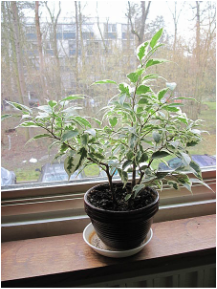

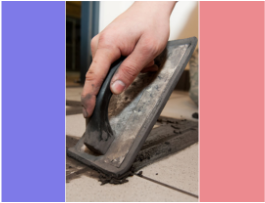







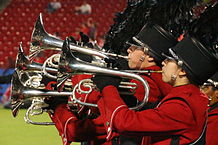

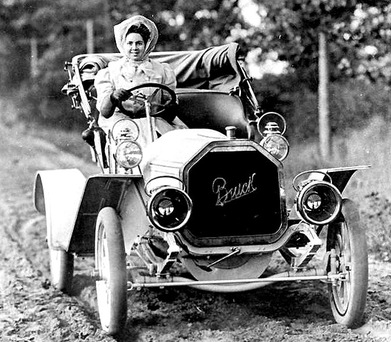
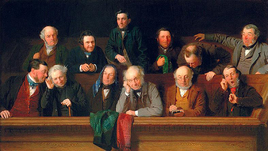



 RSS Feed
RSS Feed